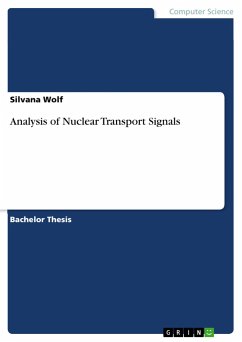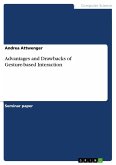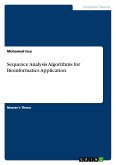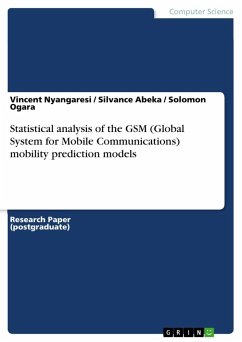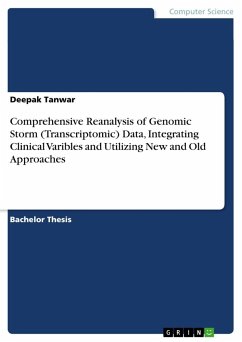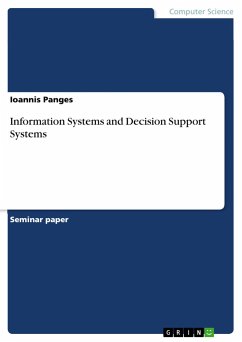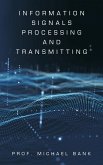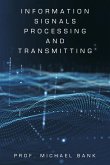Bachelor Thesis from the year 2015 in the subject Computer Science - Bioinformatics, Technical University of Munich, language: English, abstract: Nuclear transport of proteins is a basic cellular mechanism preceding a lot of biological processes. The classical transport mechanism for nuclear proteins involves karyopherins importing and exporting the proteins. The karyopherins recognize typically nuclear transport signals in the protein sequence. Three main types of nuclear localization signals (NLS) are focused in the scientific field of nuclear protein transport: monopartite, bipartite and PY-NLS. In studies on nuclear export signals (NES) the specific type of leucine-rich signals is often investigated.The first goal of this thesis was to update NLSdb, a database containing 114 experimental and 194 potential NLS, to the current state of available data. Towards this end, a set of 2452 novel signals with published experimental evidence was extracted from the literature and used as development set. An in silico mutagenesis approach was applied to this set to detect 4301 novel potential NLS in nuclear proteins. We matched these potential NLS in protein sequences of unannotated subcellular localization to identify nuclear proteins. We were able to confirm the predicted localization using our potential NLS in literature.Additional to the collection of data, an extensive analysis on protein sequences containing NLS and NES was performed to provide insights into subcellular localization of proteins and their occurrence in various organisms. A clustering of sequences of NLS led to the separation of signals into distinct sub-groups with a clear definition of a consensus sequence for each sub-group. Aligning potential NLS against the sub-groups resulted in a refinement of the consensus sequences.The results from this study reflect the scientific progress, lead to further knowledge in the field of nuclear transport and highlight the usability of bioinformatics methods for the discovery of new insights in biology. Nuclear transport is related to many interesting researches, for example allergic reactions, cancer and other diseases. The outcome of this work provides a good fundament for other studies with nuclear transport signals.
Hinweis: Dieser Artikel kann nur an eine deutsche Lieferadresse ausgeliefert werden.
Hinweis: Dieser Artikel kann nur an eine deutsche Lieferadresse ausgeliefert werden.

